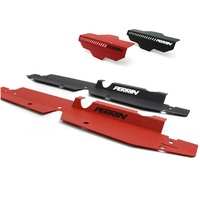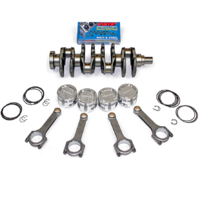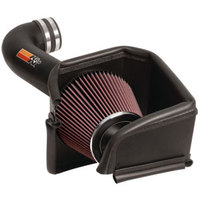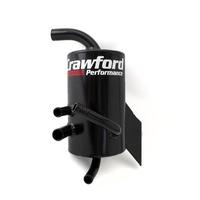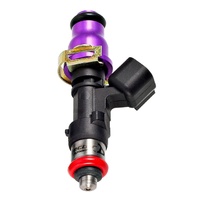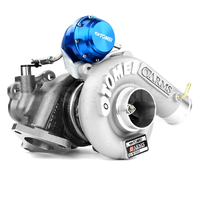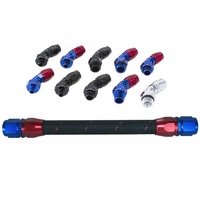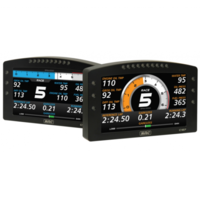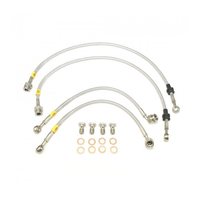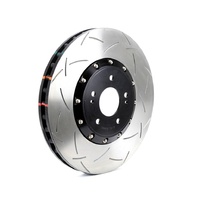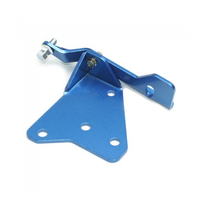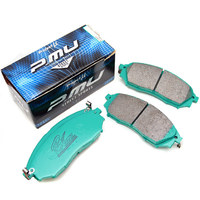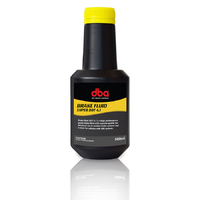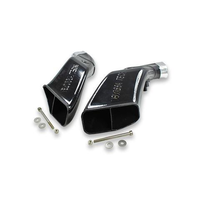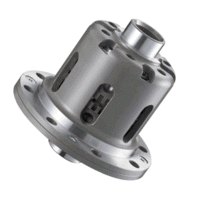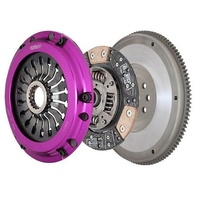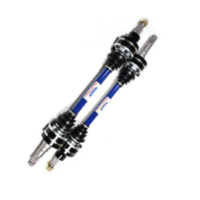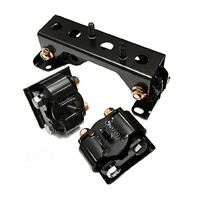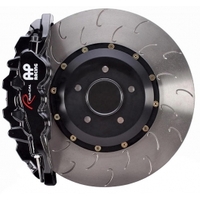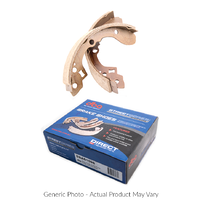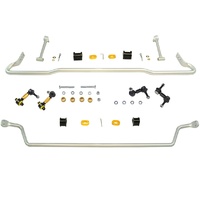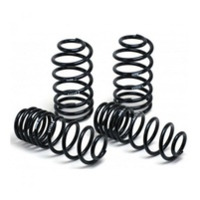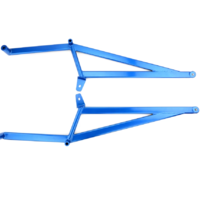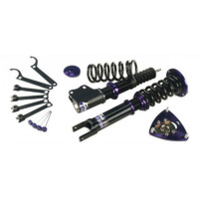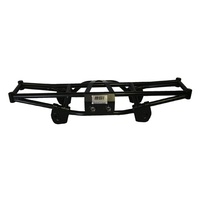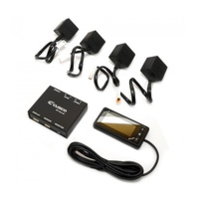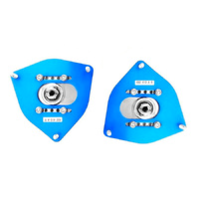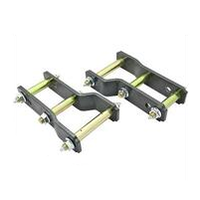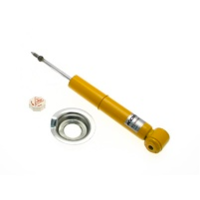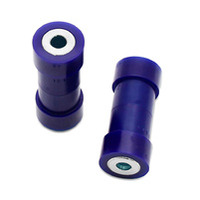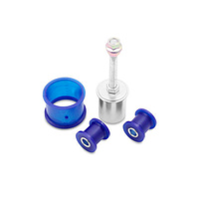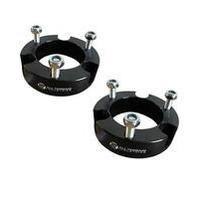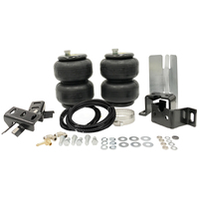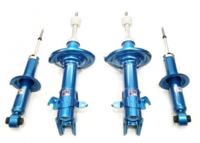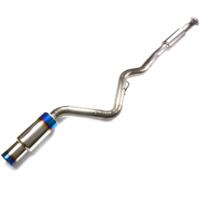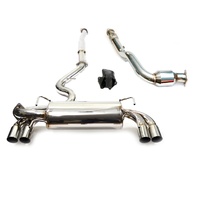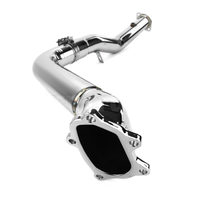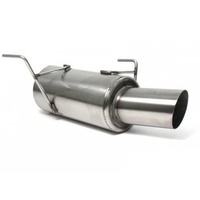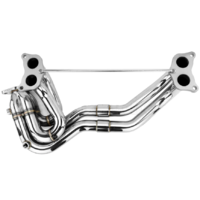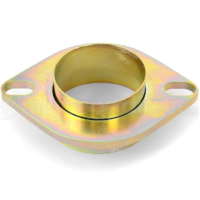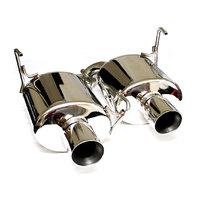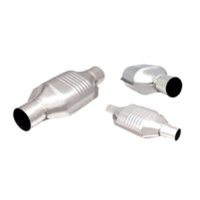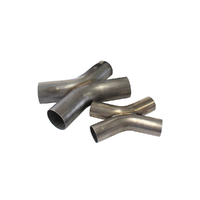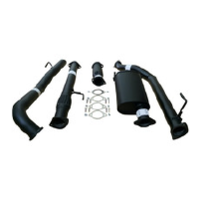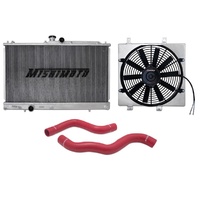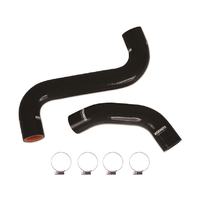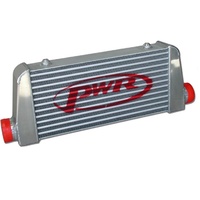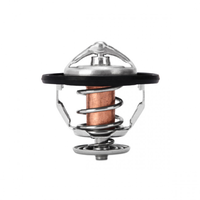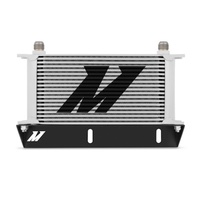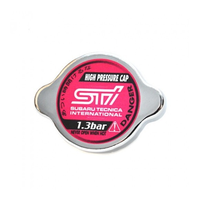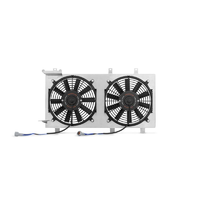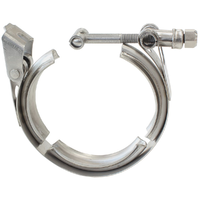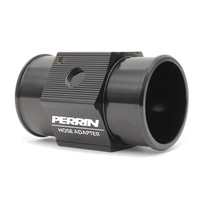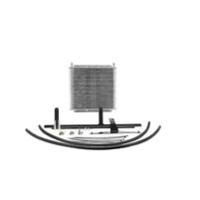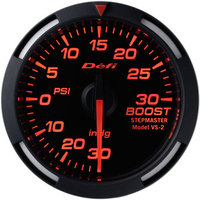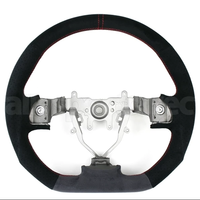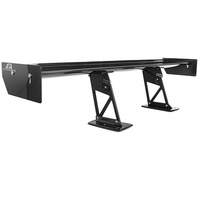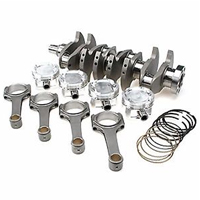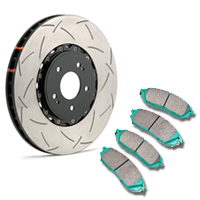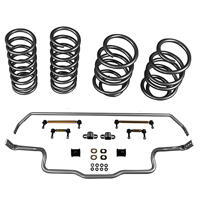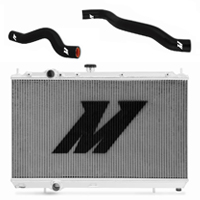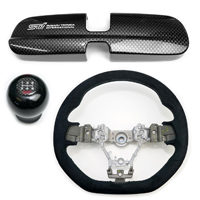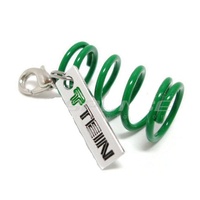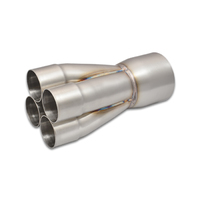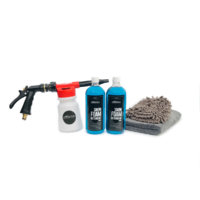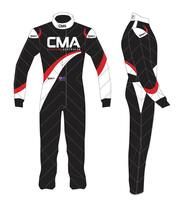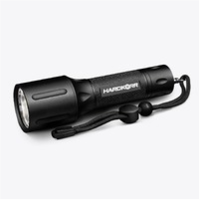In this article, we will dive deep into the realm of car engine maintenance — our overall goal is to give you the skinny and the knowledge, not to mention the practical tips, to extend life and optimise the performance of your automobile investments. We will cover details on car engine parts, and do our best to empower readers to take control of their car's health and ensure a smooth, continuous, and efficient driving experience.
Engine Parts & Your Vehicle
Every engine part matters — each plays a crucial role in generating power and ensuring a tight, well-defined operation. Neglecting parts for engines can have a significant impact on a vehicle's performance. Worn-out spark plugs can lead to misfiring and decreased fuel efficiency, while clogged air filters can restrict airflow and reduce power output.
A failing cooling system can cause overheating, leading to severe engine damage. Understanding the importance of the different types of engine parts and implementing proper maintenance practices is crucial to make sure your car remains in top condition, and your investment is safeguarded.
Regular maintenance is the cornerstone of engine longevity. Just like your body needs regular checkups to stay healthy, your vehicle's engine also thrives on consistent care. By adhering to recommended maintenance schedules, you can prevent minor issues from escalating into costly repairs. Regular maintenance ensures engine parts are well-lubricated, clean, and functioning optimally. This minimises the risk of breakdowns and extends the overall lifespan of your engine. Investing in regular maintenance might seem like an additional expense, but it ultimately saves you money in the long run.
Essential Components in a Car Engine
A car engine has many essential components. The block is the main body of the engine and houses the cylinders, where the combustion process takes place. Inside each cylinder, a piston, connected to the crankshaft by a connecting rod, moves up and down. The crankshaft converts the up-and-down motion into rotational motion, transmitted to the wheels.
Atop the engine block sits the cylinder head, holding the valves that control the intake and exhaust of air and fuel. The camshaft opens and closes the valves, ensuring that the engine runs smoothly. The timing belt synchronises the rotation of the crankshaft and the camshaft. Other essential components include the spark plugs, the fuel injectors, the oil filter, and the oil pump.
The Role and Function of Each Engine Part
- Pistons and Cylinders: Pistons move up and down inside cylinders, creating a vacuum to draw in air and fuel and compress the mixture for combustion.
- Crankshaft: Converts the up-and-down motion of the pistons into circular motion, transmitting the power to the wheels via the transmission.
- Camshaft: Regulates the timing of the valves to allow the intake of air and fuel, and the expulsion of exhaust gases.
- Valves and Valve Springs: Control the flow of air and fuel into the engine and the release of exhaust gases.
- Timing Belt/Chain: Synchronises the rotation of the crankshaft and the camshaft, ensuring the valves open and close at the exact right times for optimal engine performance.
- Spark Plugs: Ignite the air-fuel mixture in the combustion chamber, creating the spark that drives the engine.
- Oil Pump: Circulates oil throughout the engine, lubricating its moving parts and minimising friction and wear.
Every part of the engine is intricately linked and interdependent. The pistons rely on the timing of the valves controlled by the camshaft and crankshaft to ensure power. For example, the spark plugs need the precise fuel-air mix from the injectors at the exact moment the pistons reach the top of their stroke for optimal combustion. Additionally, the oil filter and pump ensure smooth operation by constantly cleaning and circulating oil, minimising friction and wear on moving parts. A malfunction in any of these parts can impact the overall performance of the engine.
The Effects of Neglecting Engine Maintenance
Reduced Power and Fuel Efficiency:
- Clogged air filter: Restricts air intake, hinders combustion, and reduces power output.
- Worn spark plugs: Cause incomplete combustion, leading to reduced power and wasted fuel.
- Dirty fuel injectors: Deliver the wrong amount of fuel, leading to an incorrect fuel-air mixture and inefficient combustion.
- Contaminated engine oil: Loses its lubricating properties, resulting in increased friction and reduced engine efficiency.
Increased Wear and Tear:
- Lack of lubrication: Engine components rub against each other, increasing wear and tear.
- Overheating: A lack of coolant leads to engine overheating, causing damage to internal components.
Catastrophic Failure:
- Engine breakdown: Neglecting maintenance can lead to serious engine damage, requiring costly repairs or even a complete engine replacement.
The Benefits of Routine Inspections
- Enhanced Reliability: Addressing small issues early on, prevents unexpected breakdowns and improves the overall reliability of your vehicle.
- Extended Engine Life: Timely replacements of parts ensure optimal functioning, reducing the strain on other engine parts, and ultimately prolonging the overall life of the engine.
- Improved Fuel Efficiency: Replacing air filters and spark plugs at recommended intervals, allows your engine to operate efficiently, resulting in better fuel economy.
- Cost Savings: Proper maintenance and timely replacements, avoid costly repair bills.
Tips for Prolonging Performance
Regular oil changes and the significance of quality engine oil
Regular oil changes keep your engine healthy, lubricate parts, and help prevent wear and tear. Also, using high-quality engine oil ensures proper engine condition.
Monitoring and maintaining proper coolant levels
Low coolant levels can lead to overheating and damage to engine parts. Check the levels regularly and add more as needed.
Air and fuel filter replacements for improved efficiency
Dirty air and fuel filters can reduce engine efficiency and performance. Replace them at recommended intervals to keep your engine running properly.
Checking and tightening belts for optimal function
Worn-out or loose belts can cause parts to malfunction and even lead to engine failure. Check and replace them regularly when necessary.
Inspecting and replacing spark plugs at recommended intervals
Spark plugs can become worn, leading to poor performance and decreased fuel efficiency. Inspect and replace them at regular intervals.
Addressing minor issues promptly to prevent major breakdowns
Take care of minor issues like strange noises, vibrations, or warning lights before they have time to escalate.
When to Worry?
- Strange Noises: Unusual sounds coming from the engine, such as knocking, ticking, or grinding noises, can indicate problems with various components.
- Poor Performance: A decrease in engine power, sluggish acceleration, or difficulty maintaining speed, could be a sign of a problem.
- Excessive Exhaust Smoke: Excessive black smoke might indicate a fuel system problem, while white or blue smoke could point to oil leaks or burning coolant respectively.
- Overheating: Engine temperature warning lights or abnormally high gauge readings can be a sign of an issue with the cooling system.
- Fluid Leaks: Fluid leaks can indicate problems with gaskets, seals, hoses, or other components.
- Increased Fuel Consumption: Increased fuel consumption without any change in driving habits, could indicate an issue with the fuel system.
Recognising Warning Signs
A healthy engine whispers warnings through subtle signs that can easily go unnoticed. Unusual sounds, reduced performance, excessive smoke, and oil leaks are all potential indicators of underlying issues. Recognising and addressing these signs promptly is crucial to preventing minor problems from escalating into major and costly failures.
Also, make sure you choose high-quality replacement parts designed and manufactured to meet original equipment specifications to maintain optimal engine performance and longevity. Using lower-quality parts can lead to faster wear and tear, decreased efficiency, and potentially even engine damage. High-quality parts ensure optimal fit, function, and longevity, protecting your investment and ensuring your vehicle continues to perform at its peak.
Summing Up
Maintaining your engine's health isn't just about preventing breakdowns; it's about ensuring your vehicle delivers optimal performance and longevity. By following a simple maintenance routine that includes regular oil changes, filter replacements, and inspections, you can significantly reduce the risk of costly repairs and extend the lifespan of your engine.
Remember, a well-maintained engine is a fuel-efficient engine, saving you money at the pump. Don't wait for warning signs; prioritise engine maintenance as a key investment in your vehicle's long-term performance and enjoy the peace of mind that comes from knowing your engine is purring like a champ.

